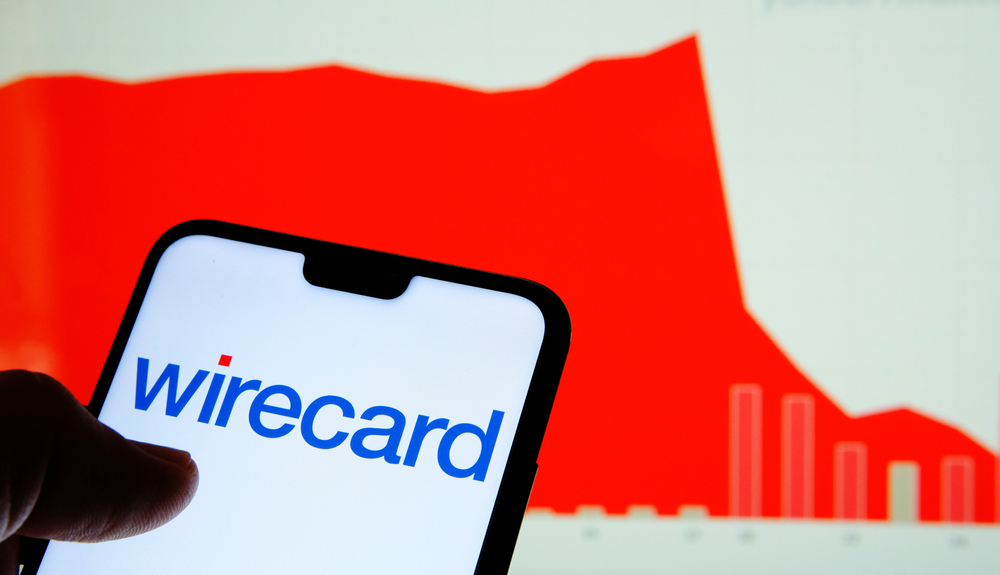EY ban
The Wirecard shock waves still reverberate. This week auditor EY was banned in Germany from taking on new listed company clients for two years. The country’s audit watchdog, Apas, also issued a fine of €500,000 for the firm plus fines of between €23, 000 and €300,000 for the five staff who worked on Wirecard audits.
Wirecard filed for insolvency in 2020 following an accounting scandal when independent auditors could not confirm the existence €1.9bn that the company said were in “trust’ accounts. Apas said the ban and fines related to audit work from 2016 to 2018.
Pay gap still yawning
How’s gender equality going in the workplace? Not so well, according to the Financial Times. Analysis of the latest gender pay gap reporting shows that 80% of UK employers pay men more than women, a figure that hasn’t improved since pay gap reporting began in 2017.
The male pay premium, as a percentage of the median of hourly pay, is 12.2% in the most recent year, compared to 11.9% the first time it was measured.
And just in case we had in doubts about the widespread nature of pay gaps, further analysis by The Times found the gap was widening at investment banks. On average, The Times says a woman in big financial institutions earns 77.5p for every £1 earned by a man. Talk about being short changed.
So that’s going well.
CBI isolated following sexual misconduct allegations
The country’s most high-profile business lobby group, the CBI (Confederation of British Industry), appeared to be in disarray this week following reports in The Guardian of sexual misconduct, including rape, by male members of staff.
The Guardian said it had accounts from at least 12 women subjected to misconduct. Further reports confirm the government has now suspended “ministerial” contact with the organisation until an investigation is concluded. A spokesperson at the department for business told The Guardian: “We are postponing ministerial engagement with the CBI until the legal investigation has concluded.”
Meanwhile, The Times reports large companies are “reviewing” their membership of the CBI.
The CBI has already placed a pause on all external events in response to the reports. The organisation said in a press statement: “After Easter, the board hopes to have preliminary findings and actions from the first phase of the investigation and, among other steps, will review this pause in event activity at that point.”
A CBI investigation is already underway into the conduct of director general Tony Danker who stepped aside in March following seperate allegations.
Power look
At last someone has said what we’ve been suspecting all along: some corporate leaders wield a might amount of power.
This week Curtis Milhaupt, a legal pro at Stanford, observes that it’s high time that we started studying the power some corporate leaders, especially founders, wield on the global stage.
“The power of corporate control often includes the power to influence law and policy, or to affect relationships among nation states.”
Now we’re not saying Eddie Stobart can do that but, as Milhaupt highlights, think of Elon Musk and the supply of satellite internet services to the Ukrainian military or China’s recent treatment of internet stars in a “detycoonification” campaign—and you find indicators of massive corporate power.
Time for a closer look.
Edmans earns his slice at WEF
Board Agenda’s favourite business boffin, Alex Edmans of London Business School, has a new role helping out on the World Economic Forum’s Global Future Council on the Future of Responsible Investing.
Bit of a mouthful but Edmans is a leading expert on responsible business and famous for employing a “pie” analogy to describe the relationship between companies and society. In short, we shouldn’t be arguing for business to give a larger slice of the “pie” to society, but getting them to “grow the pie” overall.
Pie analogies aside, Edmans will likely now spend every January getting his own helping of the snow-covered mountains around Davos. Let’s hope he likes the cold.
CEO sequals
Lastly, from the FT, “boomerang CEOs”. Apparently hiring former CEOs to return to their former companies as saviours is now all the rage.
It’s not hard to find evidence. Bob Iger returned to Disney, Howard Schultz returned to brewing coffee at Starbucks.
Anyway, the FT points out this is largely a US phenomenon and, sadly, research suggests a return of prodigal sons—just like sequals on the big screen—rarely work out the way supporters imagine.
If you’re chair of the board wondering how to get your company out of the hole it appears to be in, going through your iPhone contacts looking for past glories may not be the answer.





